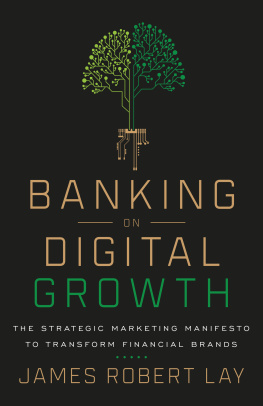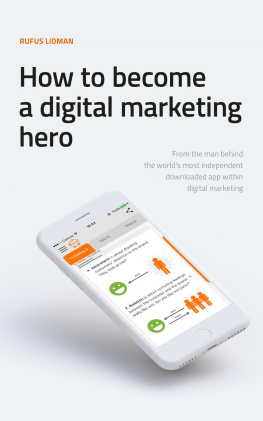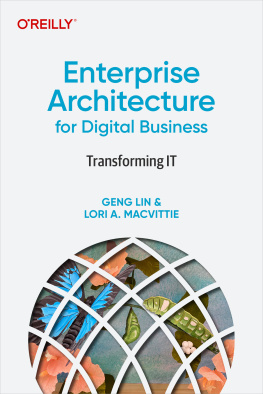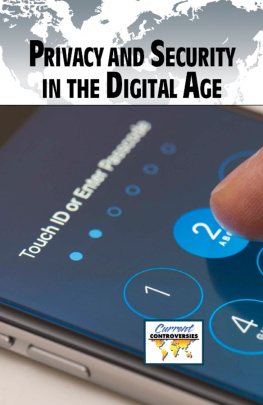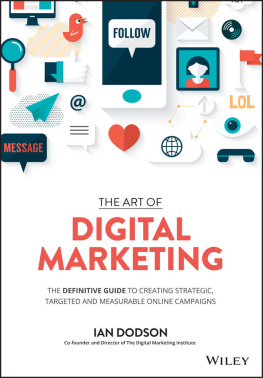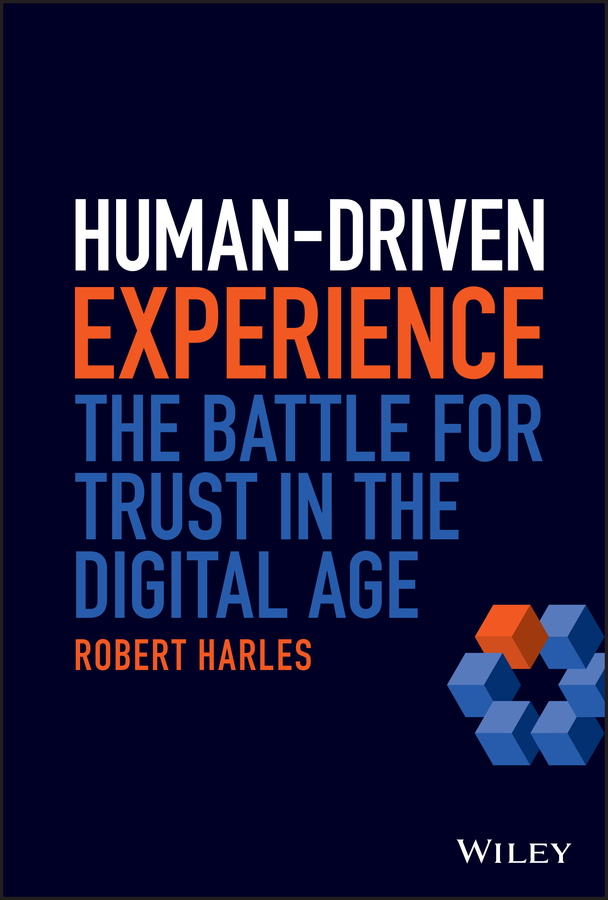
Table of Contents
Guide
Pages
Human-Driven Experience
The Battle for Trust in the Digital Age
Robert Harles

This edition first published 2023
Copyright 2023 by Robert Harles
Registered office
John Wiley & Sons Ltd, The Atrium, Southern Gate, Chichester, West Sussex, PO19 8SQ, United Kingdom
For details of our global editorial offices, for customer services and for information about how to apply for permission to reuse the copyright material in this book please see our website at www.wiley.com.
All rights reserved. No part of this publication may be reproduced, stored in a retrieval system, or transmitted, in any form or by any means, electronic, mechanical, photocopying, recording or otherwise, except as permitted by the UK Copyright, Designs and Patents Act 1988, without the prior permission of the publisher.
Wiley publishes in a variety of print and electronic formats and by print-on-demand. Some material included with standard print versions of this book may not be included in e-books or in print-on-demand. If this book refers to media such as a CD or DVD that is not included in the version you purchased, you may download this material at http://booksupport.wiley.com. For more information about Wiley products, visit www.wiley.com.
Designations used by companies to distinguish their products are often claimed as trademarks. All brand names and product names used in this book are trade names, service marks, trademarks or registered trademarks of their respective owners. The publisher is not associated with any product or vendor mentioned in this book.
Limit of Liability/Disclaimer of Warranty: While the publisher and author have used their best efforts in preparing this book, they make no representations or warranties with respect to the accuracy or completeness of the contents of this book and specifically disclaim any implied warranties of merchantability or fitness for a particular purpose. It is sold on the understanding that the publisher is not engaged in rendering professional services and neither the publisher nor the author shall be liable for damages arising herefrom. If professional advice or other expert assistance is required, the services of a competent professional should be sought.
Library of Congress Cataloging-in-Publication Data
Names: Harles, Robert, author.
Title: Human-driven experience : the battle for trust in the digital age / by Robert Harles.
Description: [Hoboken, New Jersey] : Wiley, 2023. | Includes index.
Identifiers: LCCN 2022029459 (print) | LCCN 2022029460 (ebook) | ISBN 9781119812982 (hardback) | ISBN 9781119813002 (adobe pdf) | ISBN 9781119812999 (epub)
Subjects: LCSH: Consumer behavior. | Consumption (Economics) | Branding (Marketing)
Classification: LCC HF5415.32 .H375 2022 (print) | LCC HF5415.32 (ebook) | DDC 658.8/342dc23/eng/20220707
LC record available at https://lccn.loc.gov/2022029459
LC ebook record available at https://lccn.loc.gov/2022029460
Cover Design: Wiley
Cover Image: pialhovik/Getty Images
To my wife, Becky, whose kindness, thoughtfulness, and desire to serve others reminds me every day what it means to be truly human. To my daughters, Violette and Collette, who motivate me to do more to make the world just a little bit better. To my parents, Walter and Jeanette, whose love, support, and patience know no bounds.
Introduction: Power to the People
Nothing eases suffering like the human touch.
Bobby Fischer
As a society, we are at a momentous crossroads. The past 30 years have seen tremendous growth in the areas of technology, data, and capital, although this growth hasnt always been smooth. Its the fundamental struggle for economic growth and social stability.
This same struggle has played out throughout history, but what is different about today is that our old controls, structures, processes, and understanding are failing us in the face of unprecedented change. Before, change happened slowly over time, giving people and businesses a chance to change and adapt to what was coming. Now, we face rapid-fire changes in technology, societal norms, and government policies, and we must adapt to the changing environments in the blink of an eye. There is nowhere to hide. Technology, data, and forces beyond our control have conspired to challenge us professionally, politically, socially, and emotionally.
I have arrived at a point in my career at which I believe I have a pretty good idea of where data, technology, and next-generation _____________ (fill in the blank) are going, at least superficially. But I also realize that this is not the whole picture; there is something more beneath the surface that is absolutely critical to understand if we are to survive, adapt, and thrive in this new world. Exactly how I got to this realization is an interesting question, because the path I took in my own career was a counterintuitive one.
When I finished college 25 years ago with a masters degree in history, I hadnt a clue what I would do with it. If I look back to the way the world was then versus the way it is today, it is virtually unrecognizableparticularly from a technology perspective. The iPhone was still a decade away from being introduced, Google didnt yet exist, and General Motors was about to pull the plug on its pioneering EV1 electric car. The dot-com bubble was quickly inflating, and investors were bullish on most any company that had a presence on the webwhether or not it could actually turn a profit. Remember Webvan and Pets.com?
When I was in high school, I dabbled with computers and did a little programmingnothing out of the ordinary. My original plan was to major in architectural history in college, but I eventually settled on modern European history, which covers the period starting in the late seventh century and runs up to the coming of war in the early 1930s.
Perfect choice for someone who is now responsible for helping develop Accentures digital offerings in social media and emerging channels, right?
Okayplease bear with me for a moment.
Despite my choice of a major, my college experience shaped my thoughts about technology and business for the rest of my life. I was offered the chance to run the business club at Oxford, which was called the Industrial Society. Fearing unemployment, it was a chance I gratefully jumped at. Thats where I was first introduced to business and to companieseverything from consulting to engineering to consumer goods.
The raison dtre of the Industrial Society was to help students make connections with potential employers. And since there were no business-related degree programs at Oxford at the timeas you might imagine, the school was heavy on English literature, languages, classics, politics, philosophy, economics, and the like. The Industrial Society was popular with students who were thinking of starting a career in business after graduation.
I believe we were one of the first student clubs at Oxford University that had a web page, and chances are, we were probably one of the first student organizations anywhere that had its own web page. Still, I am not sure that the importance of that moment really dawned on me at the time. I had no idea how quickly events would over overtake the world and how in only a few short years a web page might spawn a whole new economy.
Next page

